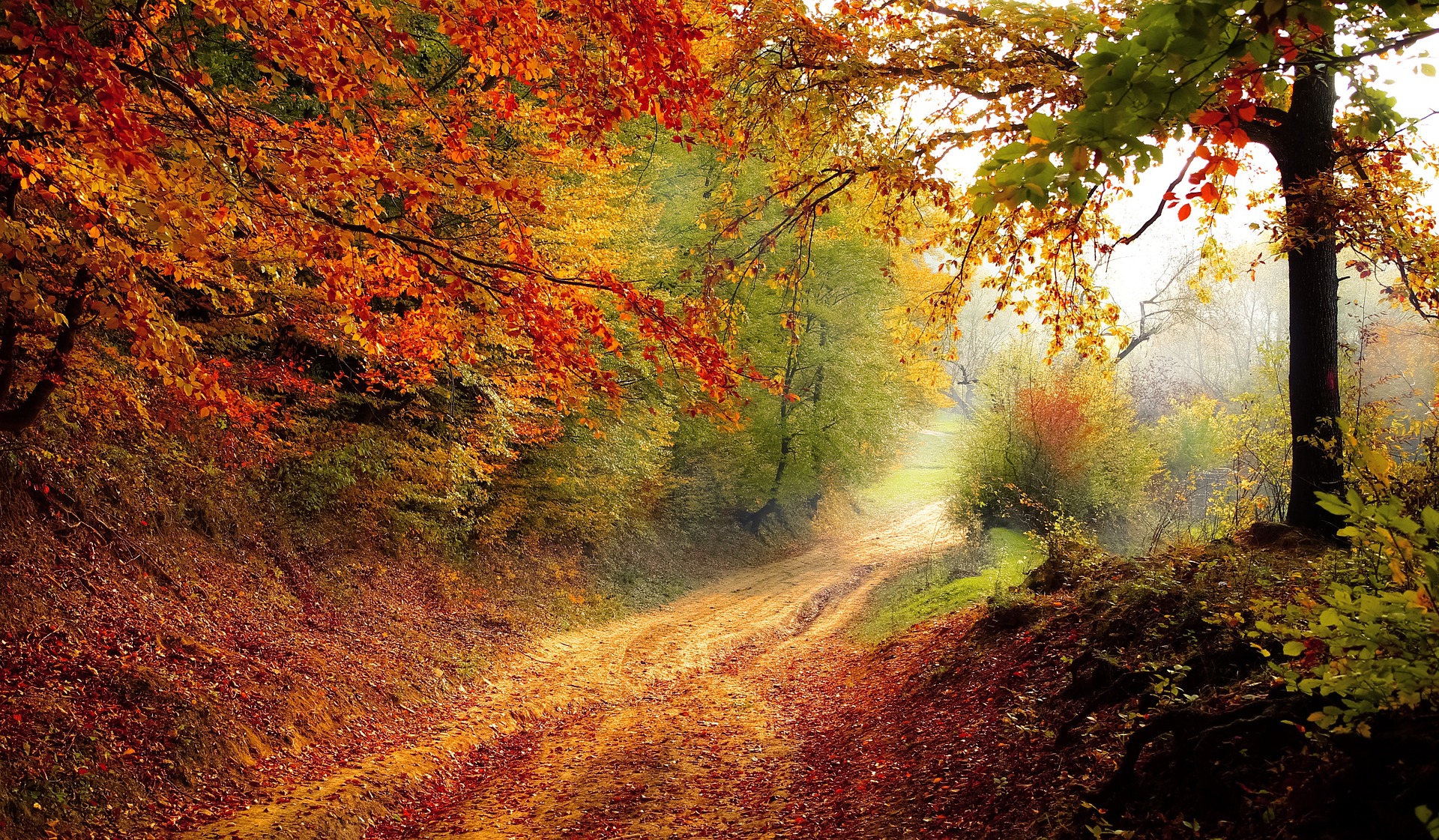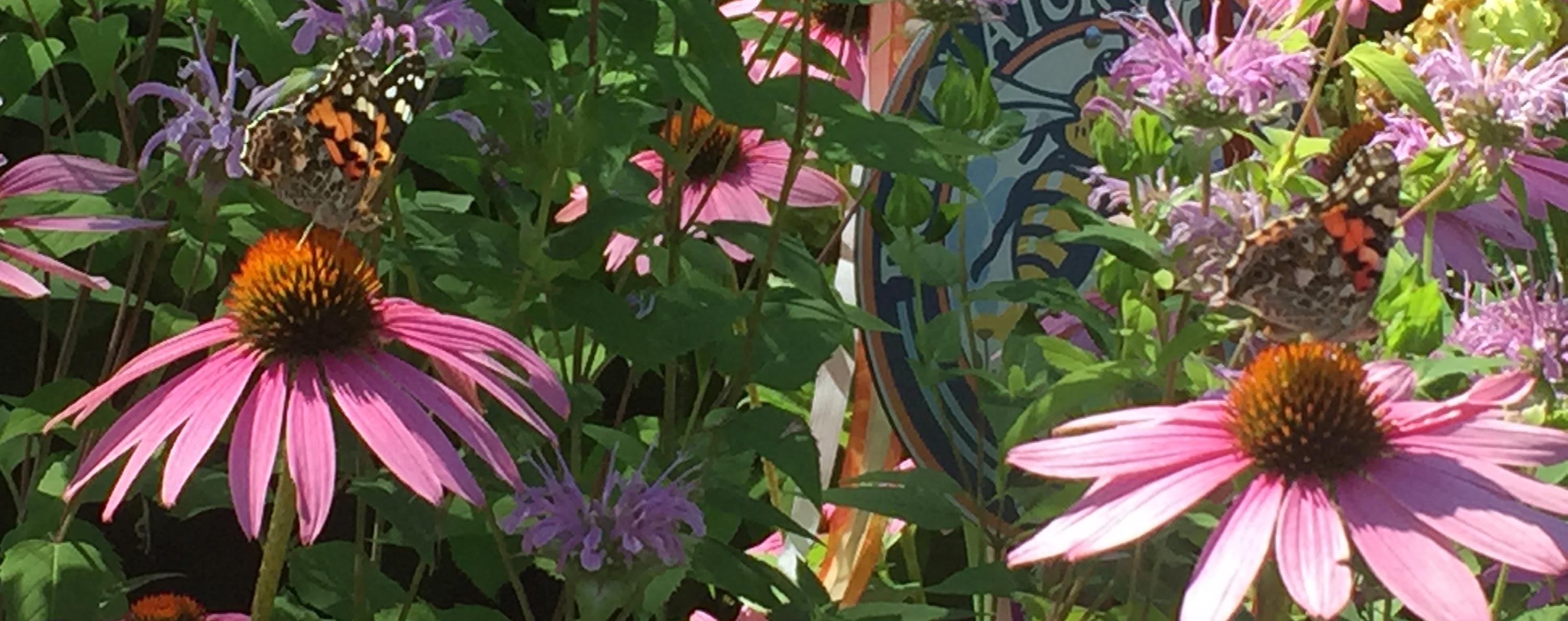 I share with you true stories from my circle of friends and community:
I share with you true stories from my circle of friends and community:
—a seasoned hiker walks into the mountains with his dog and never returns
—a woman suddenly keels over with a heart attack and dies in her partner’s arms
—a young mother of two is killed in a head-on collision
—a neighbor is diagnosed with cancer; he and his husband grow weary of the trips for chemo
—a dear friend is losing her memory
—fewer Monarch butterflies, Wood Thrushes, Hummingbirds, and House Sparrows are showing up in our pollinator gardens
—a man in despair jumps several stories to his death and lands behind the parked vehicle of someone running an errand—this person has “no time” to process the shock and horror of discovering their fellow human being’s broken body because they “have to go to work”.
I’m sure that you too have your own list of personal and community sorrows. OK you say sometimes life sucks, shit happens…why grieve? Why not just move on? I’m busy, I’m fine! Why should I waste my precious time on the messy business of grief?
Francis Weller, author of The Wild Edge of Sorrow reminds us that “There is a direct intimacy between joy and sorrow—when we lose the deeper register of sorrow, we lose the upper register of joy and we live in a flat-line culture—a very narrow band of what we are allowed to feel and express.”
Good doobies that we are, we simply soldier on.
This is cause for deep grief, for ourselves and for our children! As Mayan author and shaman Martín Prechtél exhorts us, when we abandon or repress our own sorrows, we pass the legacy of unmetabolized trauma and grief on to the next generation. They then live it out through anger, violence, suicide, depression, addiction, and chronic PTSD. Recent epigenetics research bears out the truth contained within this ancient wisdom.
It is our sacred obligation to have intimacy with our own sorrow, to allow grief to slow us down and reflect back to us our humanity, our softness and vulnerability, our profound love of life and the world. In Robinson Jeffers’ words, “We are meant to fall in love outwards”.
We must take the time to drop into our “deeper register of sorrow”. From that placewe dance, sing, stomp, walk, weep, write our sorrows and in so doing, bring praise, love, and honor to what and whom we have lost. Soft rays of grace and joy will begin to shine through.
We will have gratitude for the smallest, most humble of things: a bumblebee gorged on nectar, fast asleep atop a wild bergamot blossom. Or my close friend with memory loss, who holy mother of god used to be a genius and now needs help putting a stamp on a card. The ineffable intimacy of my guiding her shaky finger to the upper right-hand corner of the envelope and pressing the stamp down where it belongs, both of us laughing and crying and eternally grateful we’re friends.
Loss is a fierce teacher, but within the fiery crucible of grief there is a diamond in the rough. In that alchemical union where deep grief and love meet, we are broken down and through to the revelation that love, loss, grief and praise are one, intimately interwoven as one living, breathing, luminous fabric of life. We learn that without great loss, there would be no transcendent love. Our grief then becomes a blessing, a love song that tumbles forth from our tender, trembling heart into the whole wide shimmering world.


